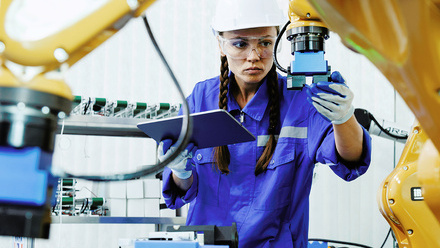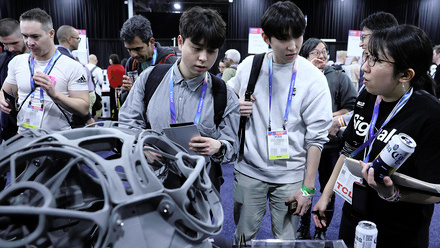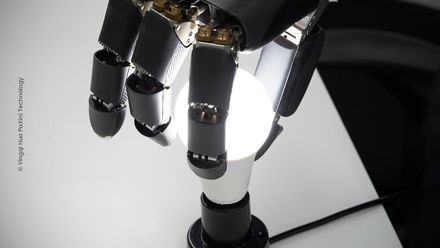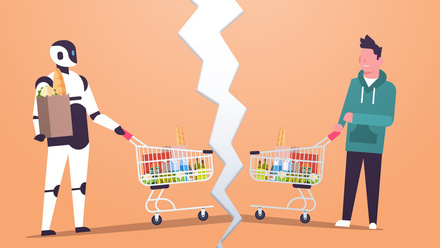Making the right choice
The rise in artificial intelligence (AI) could have “unintended and undesired consequences” for human decision-making, it’s claimed. Professor Matt Grawitch, of Saint Louis University’s School of Professional Studies, warned that how we think is being changed by sophisticated AI tools.
Writing on the Psychology Today website, he highlighted our increased use of GPS to get around as an example of the problem. He said: “We may not encode the directions we followed, which subsequently increases our reliance on GPS to make the same trip in future. GPS can, therefore, have a net negative effect on our directional capabilities.”
For smaller decisions, such as making a purchase, using autofill to complete an online form or following a satnav to get to work, the results are more often than not, still positive. However, Professor Grawitch pointed to the effects AI can have when it comes to the bigger decisions. Meta, the parent company of Facebook, used AI to choose 60 contractual staff to lay off. Though this may not have originally been their intention, AI in the end was still the final decision-maker on who lost their job.
He added: “When such systems offer a straightforward recommendation (like a risk score or a suggested action), it becomes very easy for humans to simply develop a bias (i.e. a tendency) to accept the recommendation without any critical assessment of whether it’s an appropriate recommendation.”






